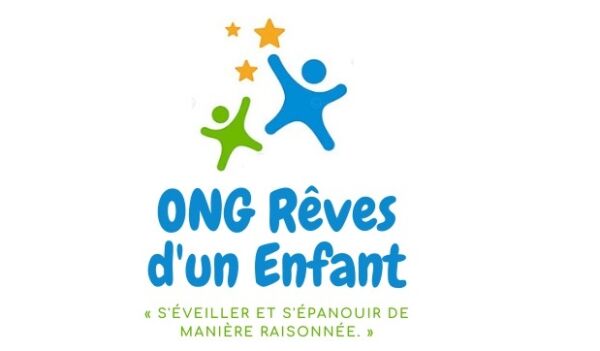
Technological Needs Assessment (TNA) project
We are an NPO, incorporated in the Central African Republic and also registered in Quebec. We work to promote and publicise the United Nations Convention on the Rights of the Child in the Central African Republic.

Overview of the project
To this end, four socio-economic development sectors have been selected for the implementation of the EBT project. These are the Water Resources, Agriculture and Food Security sectors for the “Adaptation” component, and the Energy, Land Use, Land Use Change and Forestry (LULUCF) sectors for the “Mitigation” component. Through the EBT project, the Central African Republic will have a portfolio of projects based on clean technologies which, while reducing greenhouse gases, will contribute to the country’s sustainable development. The results of the EBT will undoubtedly be shared with all the heads of ministerial departments and private companies during seminars, workshops and conferences. They will be regularly updated to meet the needs of the ever-changing realities of development. The EBT project for the Central African Republic has selected two sectors for climate change adaptation technologies.
These are the Water Resources sector and the Agriculture and Food Security sector. The first step was to identify and prioritise the technologies in these two sectors using a multi-criteria analysis and a sensitivity analysis with input from stakeholders specific to the sectors concerned. At the end of this stage, three technologies were prioritised for each sector. For the Water Resources sector, these are: (1) Small dams for surface water reservoirs; (2) Process for de-ironing contaminated borehole water; and (3) Horizontal sand filtration for drinking water purification in rural areas.
The Central African Republic's Technology Needs Assessment (TNA) project, which began in 2023, will identify and prioritise technological resources for both mitigation and adaptation. It also provides processes and methods for analysing the barriers to the transfer and dissemination of clean technologies, and for drawing up a technological action plan to combat climate change.
Ongoing research
10/02/2023 - 09/02/2025
Climate change affects 75% of the Central African population. In view of the above, the CPDN insisted on strengthening resilience to climate change in the key sectors essential for sustainable development and likely to contribute to national cohesion, stabilisation of the country and restoration of the authority and action of the State. The aim of this technology will therefore be to satisfy, in the medium and long term, the increasingly growing needs of the population for water for consumption and for market-garden production via irrigation. By 2030, the aim is to build three (3) basins selected in the country for the implementation of this technology. The stored water will be used for market garden production.
The development of technology action plans, which is the subject of this report, is the 3rd phase of the technology needs assessment process as part of the approach to adapting to climate change. The first phase consisted in prioritising three technologies out of a set of ten to 12 respectively from the (i) Water Resources and (ii) Agriculture and Food Security sectors. The second phase involved an analysis of the barriers to the implementation of these six technologies and the frameworks that would enable them to be implemented. Generally speaking, it should be noted that the implementation of innovative technologies that are environmentally friendly and adapted to the effects of climate change requires political commitment and investment, both domestic and international…
For the time being, this project is financed by bequests from the founding members, who are climate activities resident in Canada.
organisation

We are an NPO, incorporated in the Central African Republic and also registered in Quebec. We work to promote and publicise the United Nations Convention on the Rights of the Child in the Central African Republic. We are committed to helping and supporting deprived Central African children from disadvantaged backgrounds and other children living in precarious conditions, to awaken and develop in a reasoned manner so that they can see their dreams come true. We are dedicated to the immediate, direct and fullest possible rescue of every child exposed without help to hunger, pain, abandonment, misery or grief, wherever and whoever they may be. We also fight climate change to make the world a better place for children.


